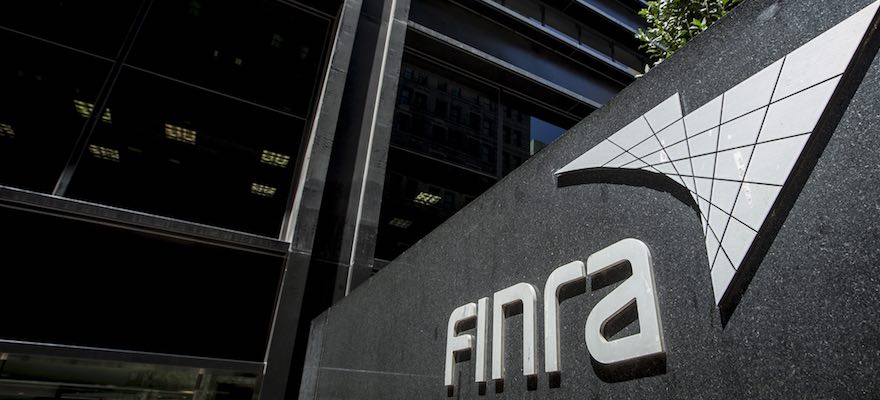The Financial Industry Regulatory Authority (FINRA) has recently published a notice on its website, warning the public that an imposter website is impersonating the United States regulator.
FINRA is an independent and non-government agency that writes and enforces the rules governing registered brokers and broker-dealer firms in the United States. In a statement published on Wednesday, the authority alerted member firms to the following imposter website - www.finnra.org.
The website is very similar to FINRA’s own official website. However, the US agency highlights that the imposter website has an extra “n” in the domain name.
FINRA Warns Members to Be Careful
“In addition, it is possible bad actors could Leverage the domain to send fake emails including those with embedded phishing links or attachments containing malware,” FINRA said in its warning posted on its website yesterday.
Furthermore, the US enforcement agency has outlined that the domain 'finnra.org' is not connected to FINRA, and firms should delete any and all emails that they receive from this domain name. FINRA has also requested that the Internet domain registrar suspend services for 'finnra.org'.
“FINRA reminds firms to verify the legitimacy of any suspicious email prior to responding to it, opening any attachments or clicking on any embedded links,” the authority said.
Fraudsters Target Regulators and Brokers
FINRA is not the first authority to be targeted by fraudsters. As Finance Magnates reported, the Cyprus Securities and Exchange Commission (CySEC ) has been targeted numerous times by fraudulent schemes.
The main ongoing scam for the Cypriot regulator includes scammers soliciting investors for fees to settle fake compensation claims. Namely, firms under CySEC’s supervision are contacted by someone claiming to be a CySEC officer, appointed representative, reaching out often via email.
Regulators are not alone in being the targets of fraud. Brokers are often impersonated by so-called clone firms. That is, scammers copy details of a legitimate firm to trick customers into giving them money.


















